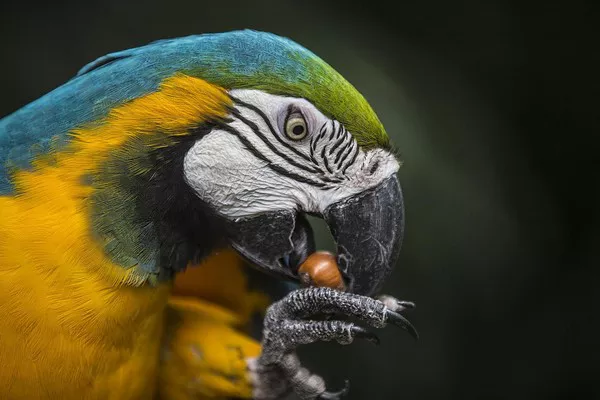Avian Influenza, a highly contagious disease among birds, has recently been identified in the Hawkesbury Local Government Area. Pet bird owners are particularly at risk as the virus can affect a wide range of avian species, including popular pets like budgerigars and parrots.
All bird owners are advised to remain vigilant for any unusual signs of illness or death among their birds and promptly report such occurrences to their veterinarian or the Emergency Animal Disease Hotline at 1800 675 888.
To safeguard aviary and backyard birds from avian influenza and other diseases, experts recommend implementing basic biosecurity measures. These include monitoring bird health closely, practicing sound husbandry techniques, and sourcing birds from reputable suppliers. Minimizing contact between domestic and wild birds, as well as restricting visitor access to birds, can also help mitigate the risk of disease transmission.
In urban areas where birds typically drink chlorinated town water, the risk of disease transmission through water is lower. However, in rural settings where birds may have access to untreated water sources like dams or creeks, it’s crucial to chlorinate the water to prevent contamination.
Highly pathogenic avian influenza (HPAI) is a notifiable disease in Australia, necessitating immediate reporting of suspected cases to the national Emergency Animal Disease Hotline. This proactive approach is essential for early detection and containment of the disease.
Pet bird owners are urged to stay informed about avian influenza and take proactive steps to protect their feathered companions from this serious health threat.
Related Topics:
The Best Treats for Indian Ringnecks
Are Indian Ringnecks Good Pets?
A Comprehensive Guide to Indian Ringnecks’ Dietary Restrictions

























